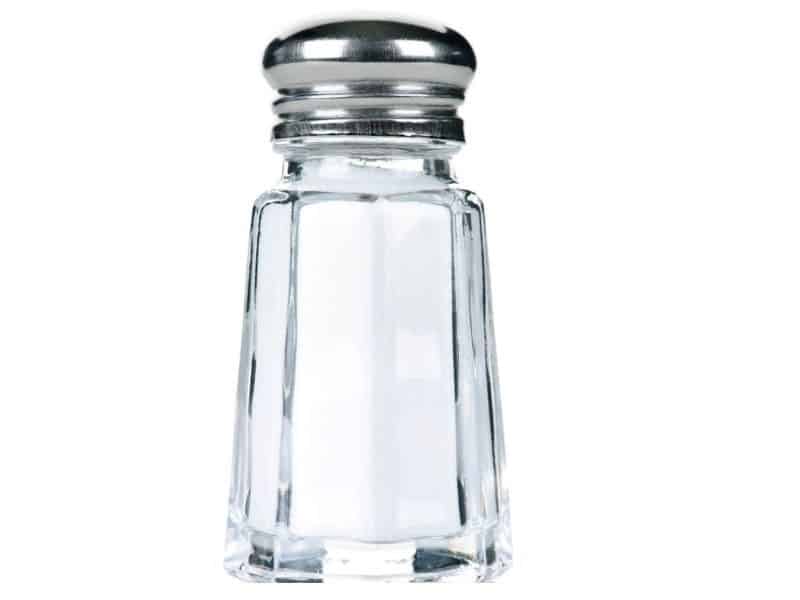FRIDAY, June 8, 2018 (HealthDay News) — A web-based salt reduction program is associated with improvement in salt-related knowledge, self-efficacy, and behaviors among children ages 7 to 10 years, according to a study published online June 7 in the Journal of Nutrition Education and Behavior.
Carley Ann Grimes, Ph.D., from Deakin University in Geelong, Australia, and colleagues evaluated the efficacy of a web-based salt reduction program (five-week behavior-based education program delivered via weekly online interactive education sessions) on children’s salt-related knowledge, attitudes, and behaviors; self-efficacy; and intake of dietary salt. A total of 83 children participated (mean age, 9.2 years), and 75 had complete survey data.
The researchers found that children with complete survey data had improved scores for salt-related knowledge, behaviors, and self-efficacy but not attitude. No change in salt intake was seen among the 51 children with valid urine collections.
“Further research is required to confirm these results using a more robust study design which includes a control group,” the authors write.
Abstract/Full Text (subscription or payment may be required)
Copyright © 2018 HealthDay. All rights reserved.



